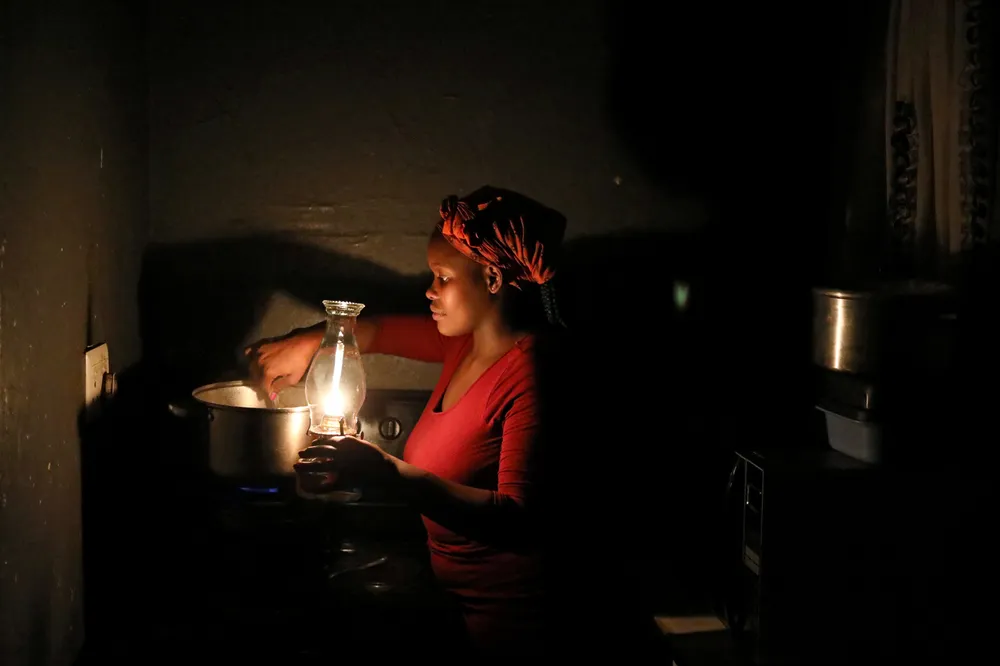Africa's power poverty a danger to the health of people and the planet
Calls grow for an 'energy Marshall Plan' to provide electricity to 600 million people and cleaner cooking fuel to 850 million

Calls grow for an 'energy Marshall Plan' to provide electricity to 600 million people and cleaner cooking fuel to 850 million
